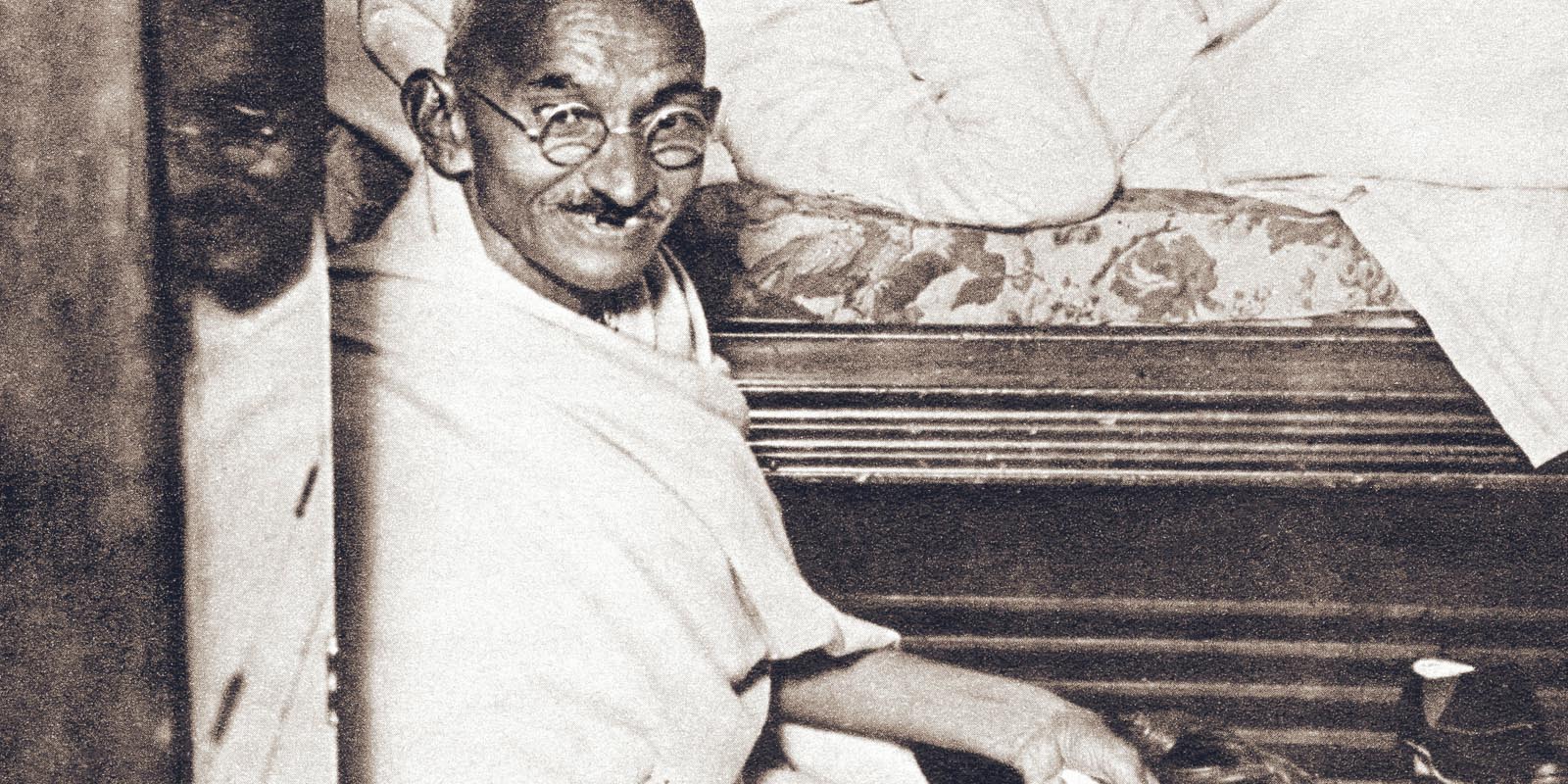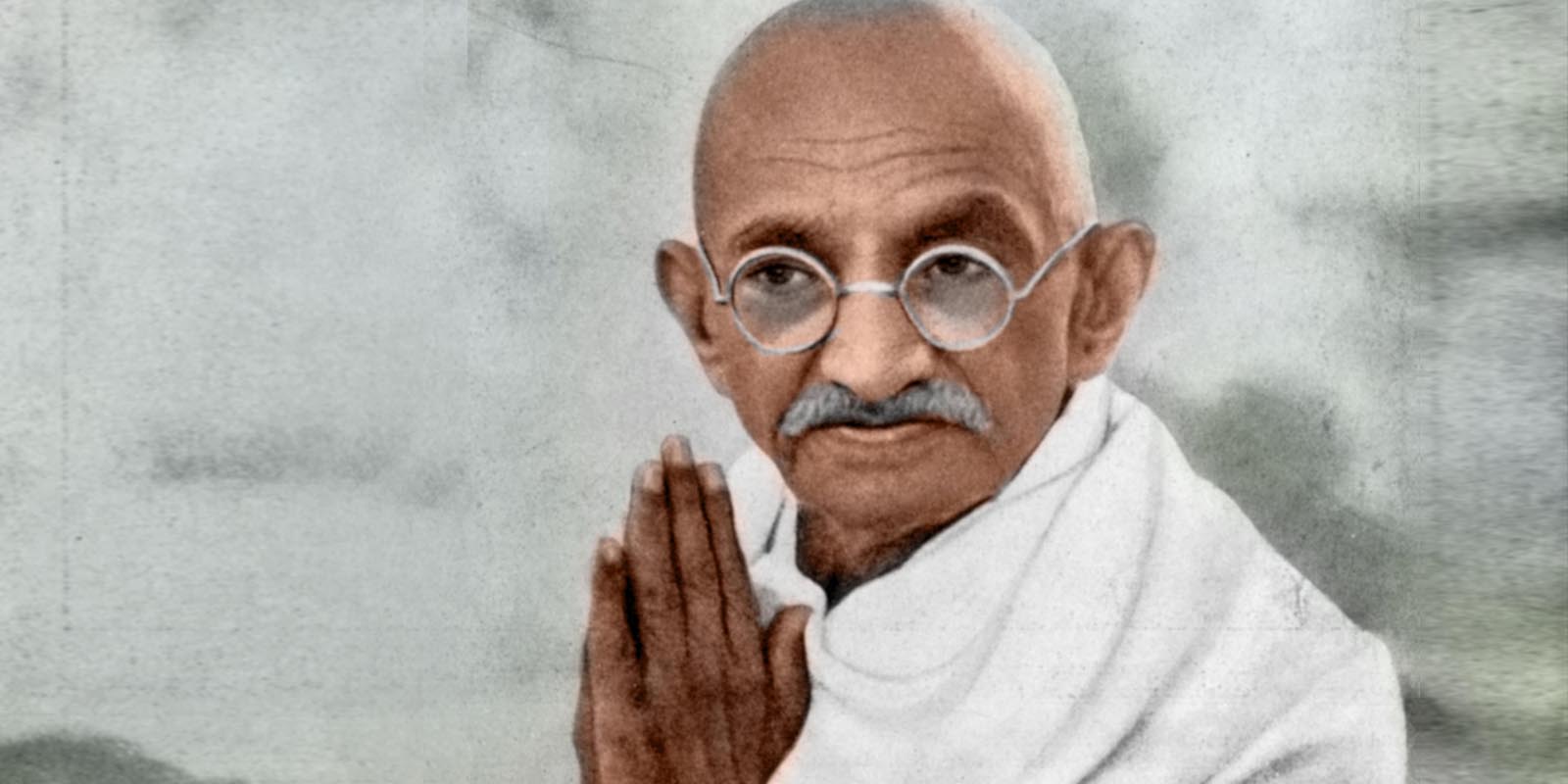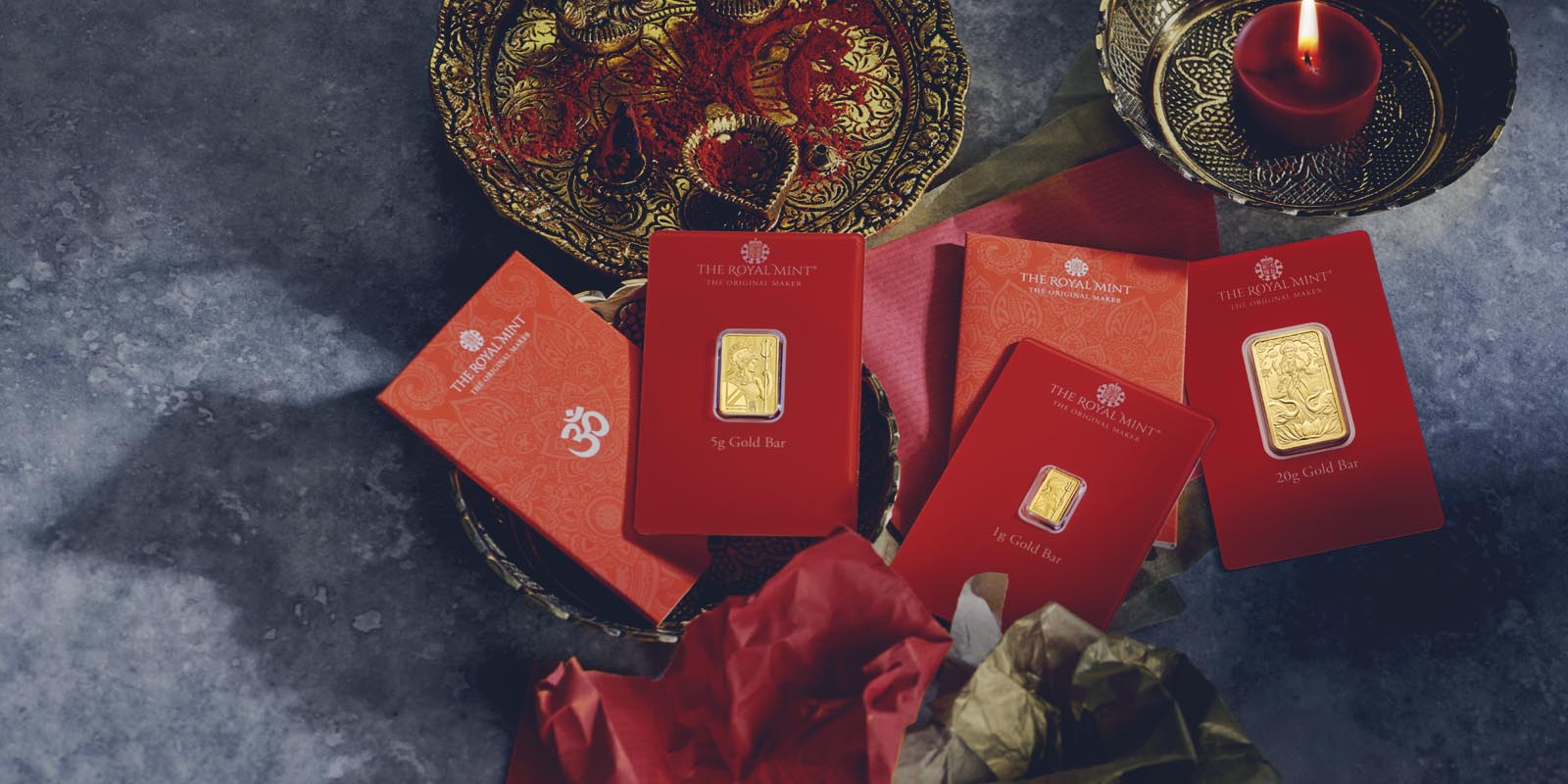Revered as one of the most influential leaders of all time, Mohandas Karamchand Gandhi’s followers gave him the name Mahatma, meaning ‘great soul’, and he is commonly known by that name. Before he became a global icon, Gandhi was born in India in 1869 and later trained as a lawyer at the University of Bombay and then at University College London. Following this, Gandhi moved to South Africa, where he witnessed acts of brutality and racism, and as a devout Hindu, he opposed violence and oppression of any kind. He refused to comply with South Africa’s racial segregation rules, which once resulted in his forcible removal from a train despite possessing a first-class ticket in an incident he referred to as a ‘moment of truth’. From then on, he became determined to fight injustice and became a champion for peace and equality.
Upon his return to India in 1916, Gandhi began to practice peaceful civil disobedience called Satyagraha and encouraged others to protest against oppression. He became leader of the Indian National Congress, which strived for independence from British rule. He encouraged ‘swaraj’ – self-rule – and told the people of India to make their own produce rather than rely on imported goods.

Following the Second World War, Britain’s imperial influence and resources significantly weakened. Anti-British demonstrations accelerated in India after the war and, already exhausted by years of conflict, Britain feared a civil war amidst the growing tensions between India’s Hindus and Muslims. In 1947, Britain agreed to withdraw from India and the country was partitioned into two independent countries, India, whose population was mostly Hindu, and Pakistan, whose population was mostly Muslim.
Gandhi’s delight at independence, however, was marred by the religious animosity within India. On 12 November 1947, Gandhi gave a speech on All India Radio to mark India’s first Diwali since gaining independence in which he urged listeners to end tensions between Muslims and Hindus within the country:
-Mahatma Gandhi
A few months later, on 30 January 1948, Gandhi was assassinated as he made his way to prayers by Nathuram Godse, a Hindu extremist who objected to Gandhi’s attempt to bring peace and interfaith unity to India. More than seven decades on from his death, his message for tolerance and kindness lives on.


